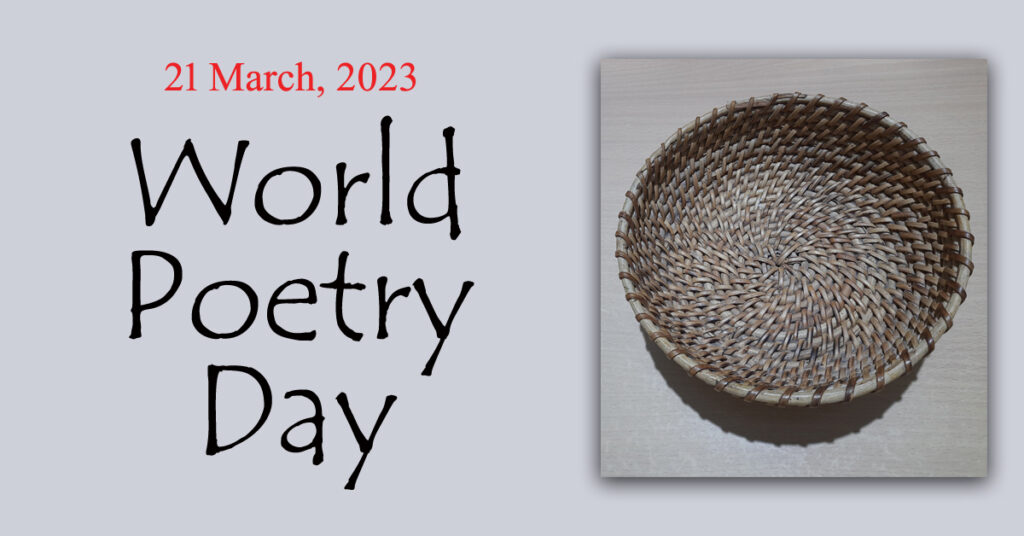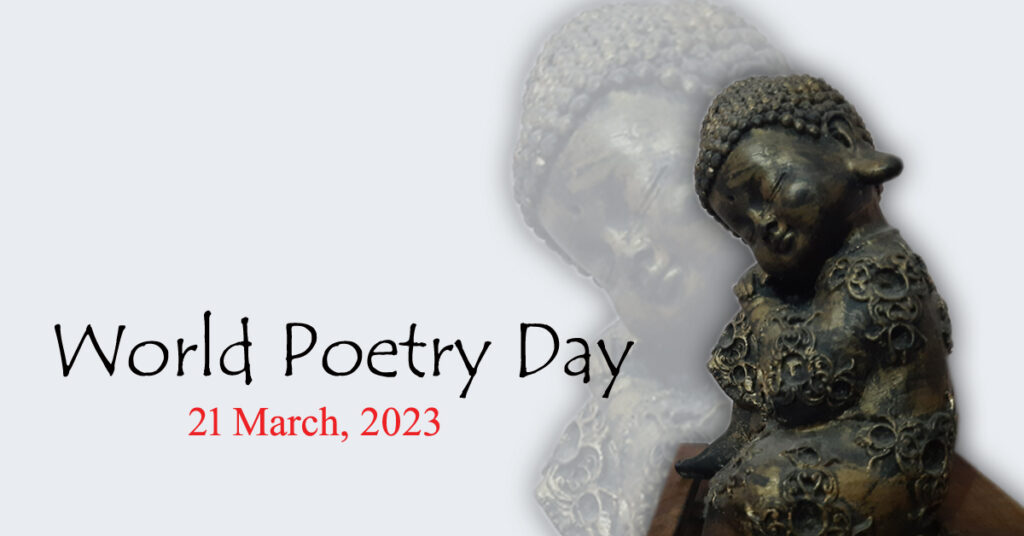By Krishna Dulal Barua

Every human being has an inborn urge to unveil his mind and heart through some creative form of art. Poetry, perhaps, continues to be an immediately sought-after medium of expression. Of course, this doesn't necessarily imply that poetry, particularly modern poetry with all its intricacies and complexities, cater to the popular palate in today's market-centric existence. However, even in its diminutive glory, poetry matters and should continue to through its unceasing phases of evolution. Poetry, after all, is the mother-tongue of humanity! A.E. Housman had stated years before that the production of poetry is more a passive and involuntary process of secretion that sets up in the reader's sense a vibration corresponding to what was felt by the writer. Poetry, rather than transmitting thought, ought to transfuse emotion. The definition of poetry or the description of what poetry is about has been elusive. The recognition of poetry or the perception of its presence requires an acquaintance with the essential features of true poetry. There may be poetry in prose as well, and verse may be quite distanced from or devoid of poetry. If verse is the body, poetry is the soul. And a body with no soul is no better than a corpse! Poems could be fragments of an autobiography in disguise arriving on their own to the poet pining for expression. A poet cannot sit like an angler with pen and paper waiting for hours on end for ideas and words to catch his bait. It is the impulse rather than the wish that contributes to the achievement of the genuine essence of poetry. S.T. Coleridge had stated that poetry gives most pleasure when only generally and not perfectly understood. Sometimes perfect understanding almost extinguishes pleasure. According to T.S. Eliot, poetry is communicated before it is understood. Truly, poetry is a very wide and intricate term and, as Housman said, 'inconveniently comprehensive'!
Published on the occasion of the World Poetry Day— 21 March, 2023.
